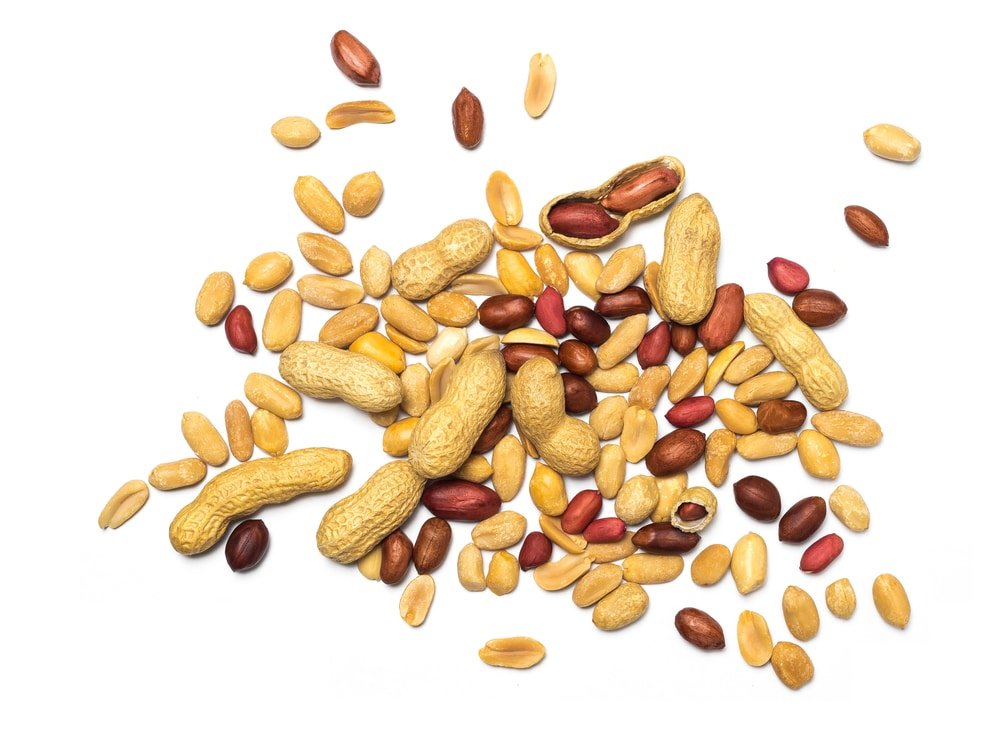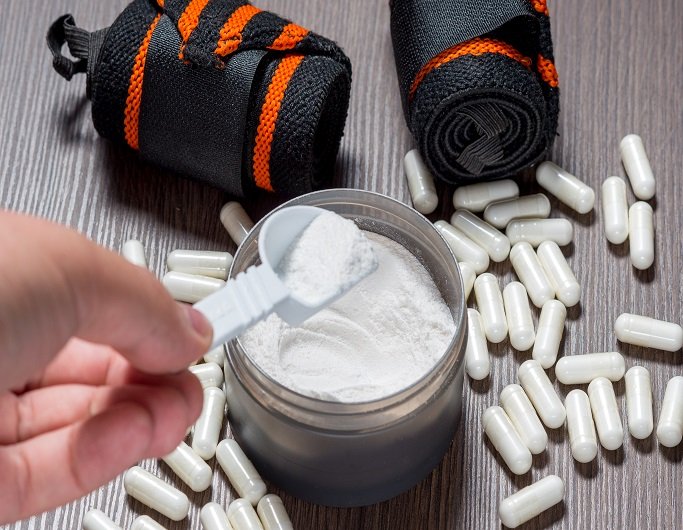
The Basics Of Protein
Of huge importance to athletes and people who train, here we explain the key facts everyone should know about protein. Protein is one of three primary macronutrients (the other two being carbohydrates and fats) that we eat in large quantities to provide our body’s with the energy it needs. Proteins main role in the body includes building, maintaining and repairing body tissue and it’s believed that athletes and people who train need more of it since their muscles and tendons are constantly in need of repair.
Protein is also used to make hormones, cellular messengers, enzymes, immune-system components and nucleic acids and without enough of it in your diet your body wouldn’t be able to create the biochemical substances needed for simple things we perhaps take for granted like cardiovascular function, muscle contraction, growth, and healing.
How Much Protein Do I Need?
It has to be said that expert opinion differs on the amount of protein recommended per day, however here we’ll try to examine the main schools of thought so you can make an informed decision as to the amount you need in your diet. Firstly it’s stated by the International Olympic Committee Consensus on Sports Nutrition that ‘strength or speed athletes require 1.7grams of protein per kg of bodyweight per day.’
To put this into an example for a 100kg rugby union player this equates to 170 grams of protein per day (1.7grams x 100kg body weight = 170 grams of protein per day).However some bodybuilding experts recommend as much as 2-3 grams of protein per kilogram of bodyweight per day which would mean that the same 100kg rugby union player could be consuming anywhere between 200-300 grams of protein per day.
But what’s even more interesting is that whilst a high protein diet is usually associated with strength athletes, a study conducted at McMaster University in Ontario, Canada suggested ‘that endurance athletes require a greater (or equal) intake of protein than strength athletes to prevent protein catabolism during exercise.’ (M. A. Tarnopolsky et al, 1999.) Put simply, this means because of the demands extreme endurance training puts on the body, often it needs more protein to prevent it from entering into a catabolic state i.e. the immune system is badly affected, muscles begin to breakdown and injuries are more likely to occur.
So to make it more specific to endurance athletes, based on Olympic Nutritional guidelines (1.7grams of protein per kg of bodyweight per day) a 75kg runner, training 60-90 minutes per day, should be consuming 127.5 grams of protein per day to ensure his elevated nutritional needs are met due to intense training. So as you can see although there’s no set, recommended daily allowance for athletes, most experts will recommend consuming anything between 1.5 grams – 3 grams per kilogram of bodyweight.
Protein and Amino Acids
Lastly looking at how it’s put together, protein is made up of complex formations of amino acids which are considered the building blocks of protein. There are 2 different types of amino acids known as ‘essential’ and ‘non-essential’. Essential amino acids cannot be made by the body so you must get them through your diet and specifically foods that are high in protein whereas non-essential amino acids are those that can be produced and synthesised by the body. Protein sources are classed as either ‘complete’ or ‘incomplete’ based on whether they contain all the essential amino acids your body requires. Complete proteins (those that contain all the essential amino acids) are usually animal-based foods whilst, only generally speaking, incomplete proteins are usually plant-based foods and they don’t contain all the essential amino acids. Neither is considered better or worse since although nuts, seeds and legumes are classed as ‘incomplete’ proteins, they have other nutritional benefits other than their amino acid content and should be included in the diet, but knowing the difference between the 2 is important when choosing your protein powder.






No Comments yet!